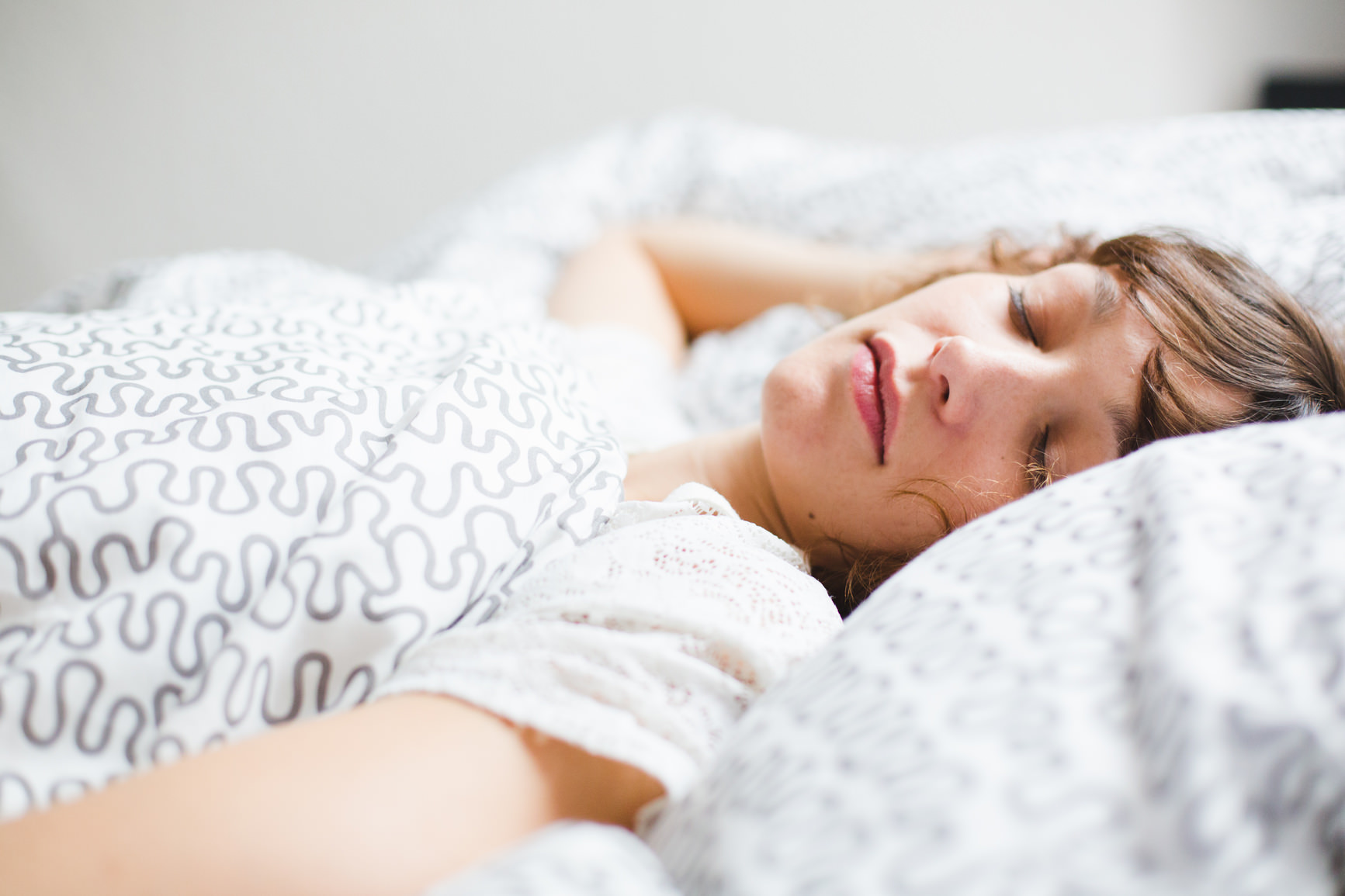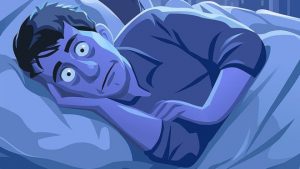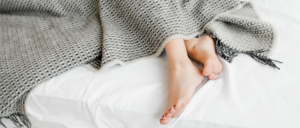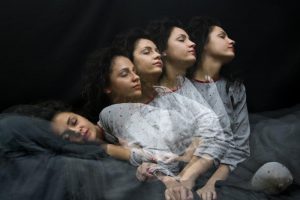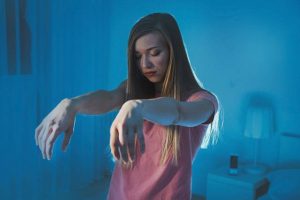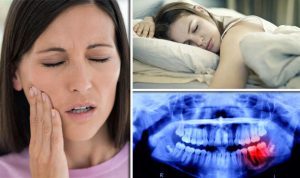One thing that we cannot live without is other than, eating, drinking, breathing is sleeping. Sleeping and resting our nerve cells to keep our brain and body running in the right way is our necessity. Though this is a must there are many people who experience difficulty sleeping at one time or another. Typically, it is because of stress, travel, illness, or other temporary interruptions to your usual routine. But if sleep issues are a normal occurrence and interfere with your everyday life, you might be suffering from sleep disorders. The sleep disorder is a condition that frequently impacts your capability to get enough excellent sleep. While it is normal to occasionally experience problems it isn’t normal to frequently have problems getting to sleep throughout the night, to wake up feeling exhausted, or to feel tired throughout the day. Having difficulty sleeping may be a frustrating and debilitating experience.
You sleep badly at nighttime, which leaves you feeling dead tired in the morning and whatever energy you’ve rapidly drained throughout the day. But then, no matter how exhausted you are feeling at nighttime, you still have difficulty sleeping. And the cycle starts again, taking a severe toll on your mood, energy, efficiency, and capability to deal with stress. Disorders and sleep problems can harm your physical health and result in accidents, impaired job performance, memory difficulties, and strained relationships fat gain, a vehicle with sleep issues for so long. If you would like to feel your best, remain healthy, and execute with sleep issues for so long a must, not a luxury.
Sleep Disorders
Even when you’ve fought with sleep problems for so long it appears normal, you are still able to learn to sleep better. You may begin by monitoring your symptoms and sleep routines, and after that making changes to your daytime customs and bedtime routine. Together, you can determine the underlying causes of your sleep problem and find ways to improve your sleep and the quality of life sleep.
The National Sleep Foundation’s latest Sleep Index study demonstrated that 35% of adults rated their sleep as poor, or fair, and 25% reported that they didn’t announce inadequate sleep a national health epidemic throughout the preceding seven days. Below is an overview of the eight most common disorders that plague adults.
1. Insomnia:
Probably the most common sleep irregularity is Insomnia, where a person is unable to sleep. This might happen to certain medications, anxiety, stress, drugs or depression. Surely, many have problems sleeping and maintaining that cycle but Insomnia is not something little. This may be due to some severe issues therefore it’s better to get it checked as soon as possible.
2. Sleep Apnea:
One of the most common types of sleep disorder is Sleep Apnea in which the person is unable or have difficulty during sleeping. The amount of air is limited or blocked which normally tries to reach your lungs. As a result of this blockage, the person suffers loud snoring or sometimes choking signs as well. Due to the lack of oxygen delivery to your brain and other body parts, the person becomes uneasy and wakes up. In normal cases, this may happen a few times a night but in some extreme cases, this might also happen many hundred times within a night.
According to the study, about one in five people suffer from Sleep Apnea.
3. Restless Leg Syndrome:
Another sleeping disorder next in the list is Restless leg Syndrome. Even though it has a leg in its name, it’s not only the leg but the entire limbs. In this disorder, the person has an urge to move the limbs. This occurs usually during sleep and so, the person beside you has to bear your continuous motions. It is said that RLS is found in about 10% of the population and mostly found in women.
The most known reason for RLS is due to medication, hereditary, also the phenomenon is also observed in pregnant women.
4. REM Sleep Behavior Disorder
The next sleeping disorder is extremely rare and found in less than 1% of the population. In this disorder, the individuals thrash in bed, jump out of bed, and even tackle the furniture. The person experiences sudden and intense movement during sleep
5. Narcolepsy
Where in insomnia the person is unable to sleep, in Narcolepsy the person is unable to wake. The person suffers from suddenly falling asleep even in most unappropriated moments. People suffering from this condition spend most of their days in the middle ground of sleep.
Those with narcolepsy can also suffer from cataplexy, a condition that leads to fainting-like episodes brought on by emotional reactions to anything from a song to a joke.
Narcolepsy is very rare and found in less than 200,000 adults per year.
6. Sleepwalking
This might be the sleep disorder you might be most aware of because most of the movies and films portraying it. In this condition, the person suffers from walking while sleeping. The person is unaware of the actions he is performing during his walk while sleeping. This usually occurs because of lack of sleep, some sort of medications, illness or fever. It is recommended to have a suitable environment during sleeping.
7. Sleep Terrors
Also called Parasomnia, an undesired occurrence during sleep. In this condition, the person faces extreme terrors, fear and sometimes also paired with sleepwalking. When a person suffers from Sleep terror, he faces intense fear, screaming and horror and it is extremely difficult to calm such people. Most commonly impacts children; few adults suffer from this disorder. Those with PTSD are more likely to suffer from sleep terrors.
8. Bruxism (Teeth Grinding)
The condition of grinding teeth during sleep. This results in headaches and/or a sore jaw when waking in the morning. People with Bruxism are suggested to avoid chewing items that are not food. Dentists sometimes also provide these people with a mouthguard.

